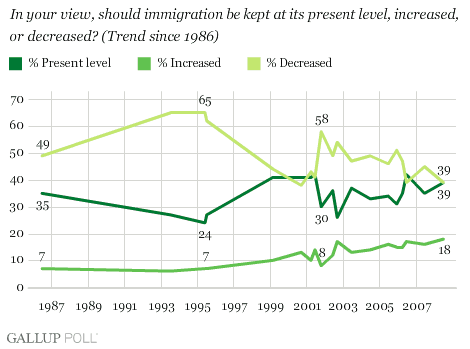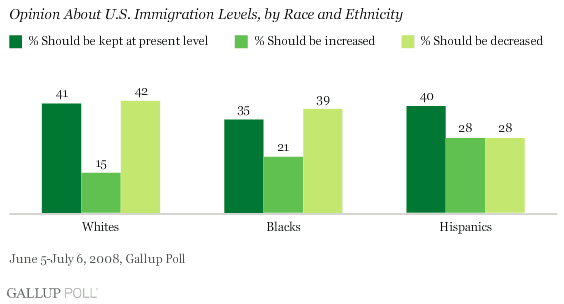Lots of people are jumping on the "Google-phobia" train these days. The general argument is that the constant flow of information is making it impossible for us to sustain attention, reflect or maintain long term relationships. In the Sunday Times Online, Bryan Appleyard
summarizes, and seems to sympathize with this line of argument. This summary of Nicholas Carr's info-dystopic article "
Is Google Making us Stupid" highlights why we should be afraid, very afraid:
Instead he now Googles his way though life, scanning and skimming, not pausing to think, to absorb. He feels himself being hollowed out by “the replacement of complex inner density with a new kind of self – evolving under the pressure of information overload and the technology of the ‘instantly available’”.
I'm with Carr that the main challenge of any knowledge worker today is to quickly sort out the wheat from the chaff. But it amuses me when writers presume that reflection is a depleting resource. As if we were all awash in the ability to be introspective and reflective and that the "big-bad-web" is sucking us dry. Reflection has always been limited to those with the maturity to cultivate it in the face of more alluring alternatives. Why is Facebook use any different than watching "Happy Days" (BTW has anyone gone back and reflected on how much that sit-com sucked? Wow!) Distraction is distraction and some are more likely to succumb to it than others, no matter how alluring.
And of course, those kids, with their newfangled "facespace" and "mybook" can't be bothered to read a book because they are all "text-a-twittering" each other. To wit:
The hyper-connectivity of the young is bewildering. Jackson tells me that one study looked at five years of e-mail activity of a 24-year-old. He was found to have connections with 11.7m people. Most of these connections would be pretty threadbare. But that, in a way, is the point. All internet connections are threadbare. They lack the complexity and depth of real-world interactions. This is concealed by the language.
Join Facebook or MySpace and you suddenly have “friends” all over the place. Of course, you don’t. These are just casual, tenuous electronic pings. Nothing could be further removed from the idea of friendship.
As if somehow young people didn't understand this. If they are so distracted, then why the
greatest resurgence in youth civic engagement in three decades? Trust me, I don't mean to swing too far in the opposite direction. I've assigned many a book chapter in class only to get blank stares back, but is that the internet's fault?
Let's say that it is. Then what that means is that the professor doesn't have a monopoly on the dissemination of knowledge. If a student is curious about a concept, he/she can get their "Wikipedia on" and evaluate that against what I am saying. What this means for academia is that we've got to work much harder to be relevant. Instead of bemoaning why students aren't reading
War and Peace how about developing a clearer rationale for why they should?
It's true that our students are less interested in empirical knowledge and more interested in "knowledge they can use." But this is a far cry from being disengaged or stupid. Many of our young people want to be relevant, to make positive change in the world. The Web provides an unprecedented array of tools to do that. Reflection not necessary. Of course, War and Peace might help them develop a mature belief system that can enhance their understanding of how the world should change, or whether it should change at all. But that takes work and has always been painful. Anyone try to read War and Peace pre-Internet? How about Moby Dick? The Sound and the Fury had me banging my head against the wall. And I didn't even have
ESPN soccernet.com.Update: Edge.org, which I'm starting to fall deeply in love with (in a platonic way) has a
forum on Carr's article.






